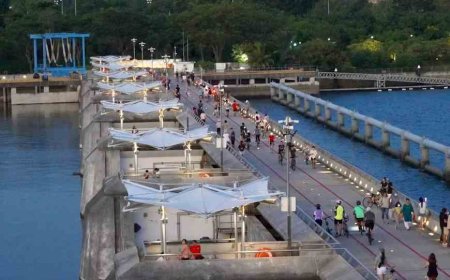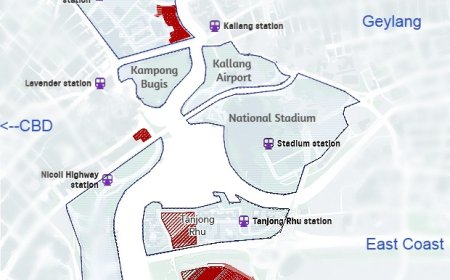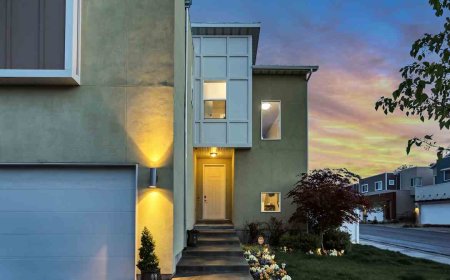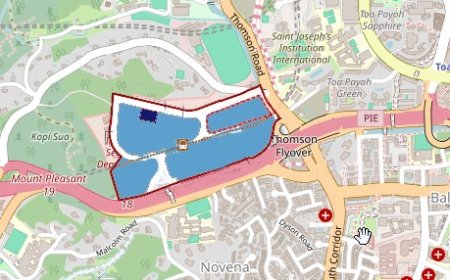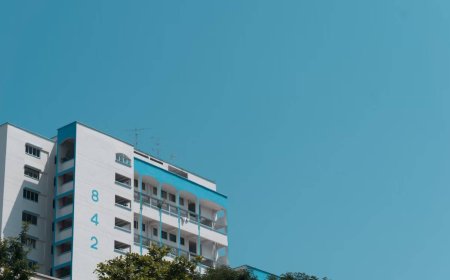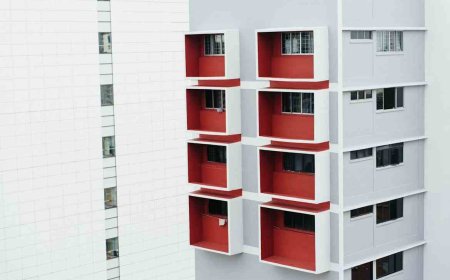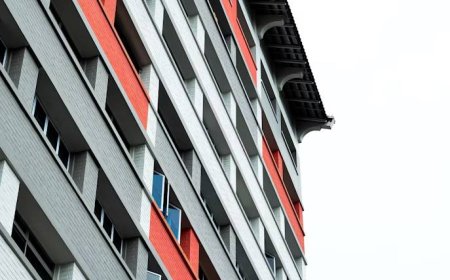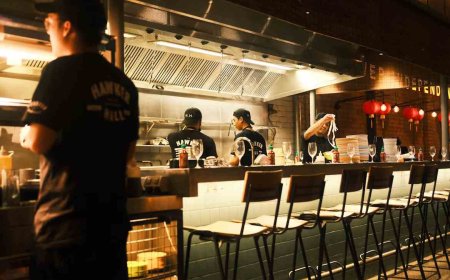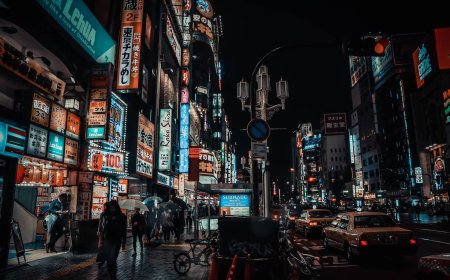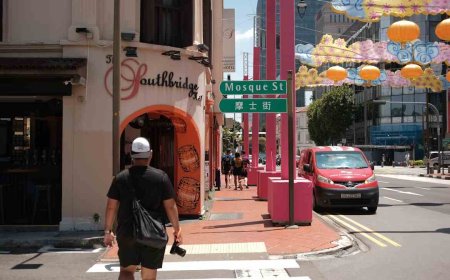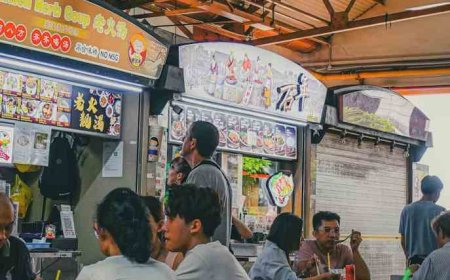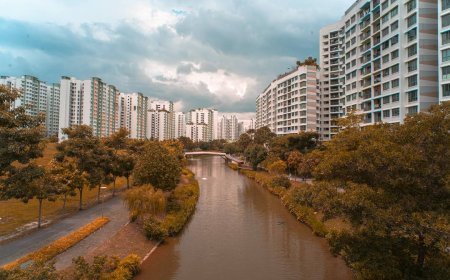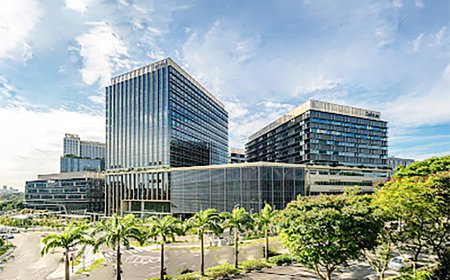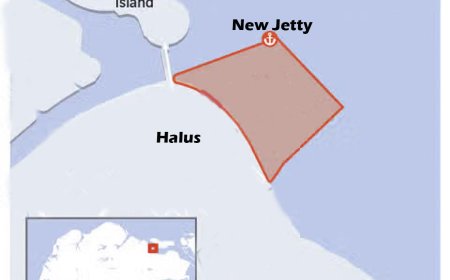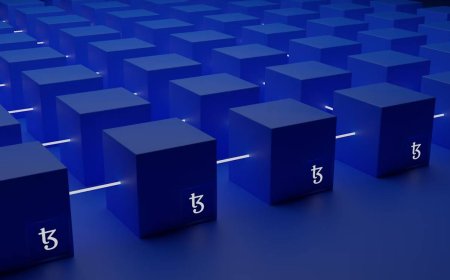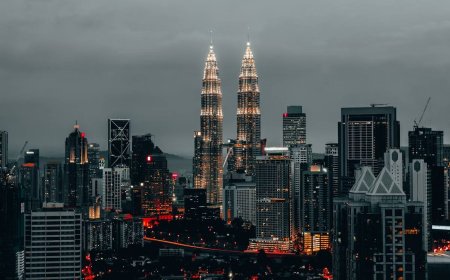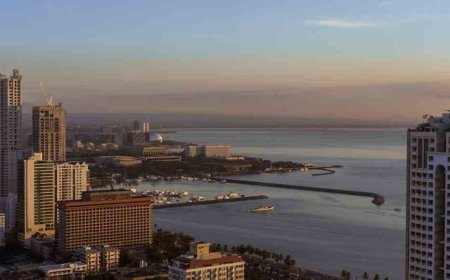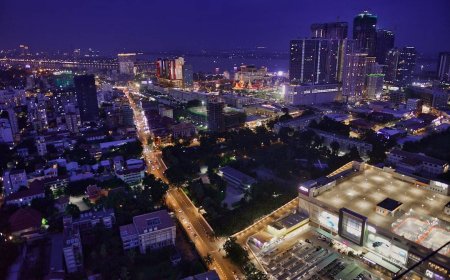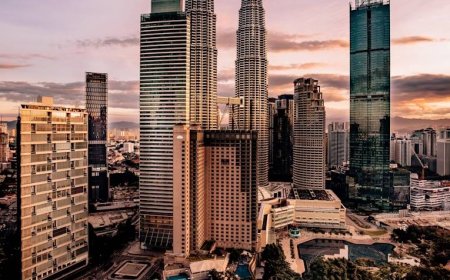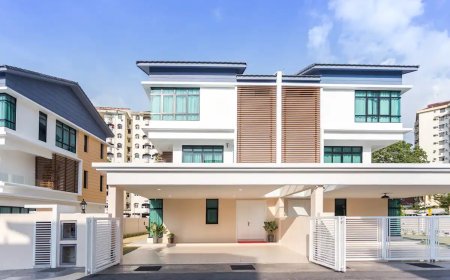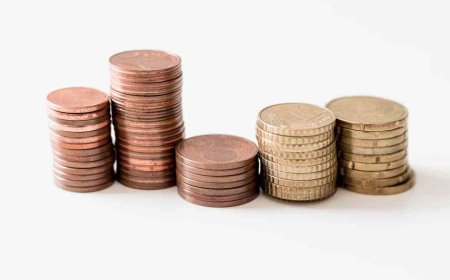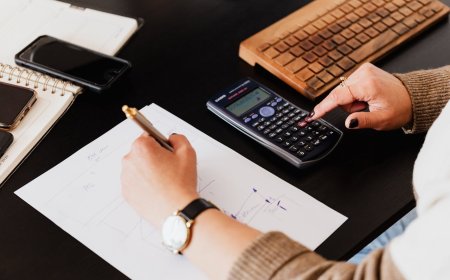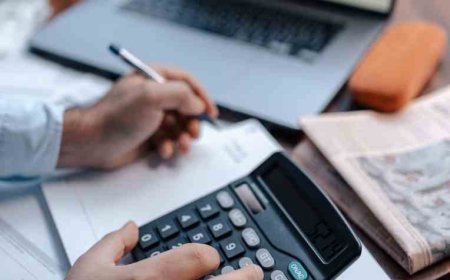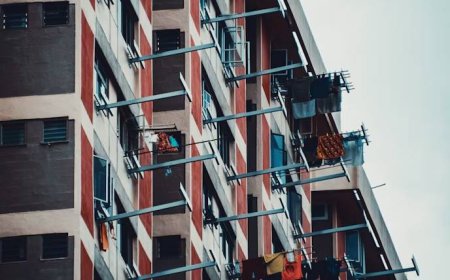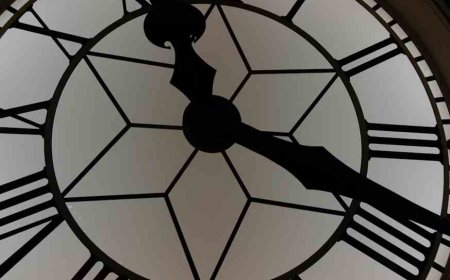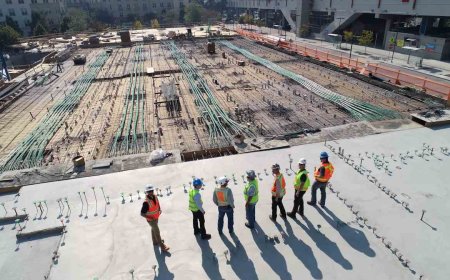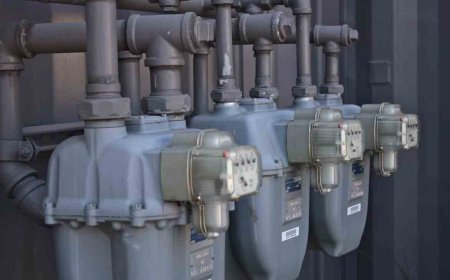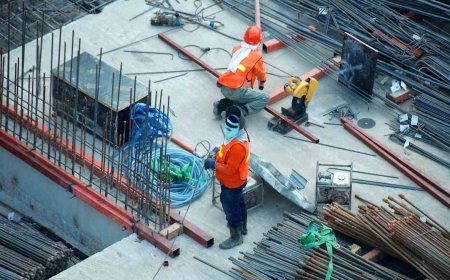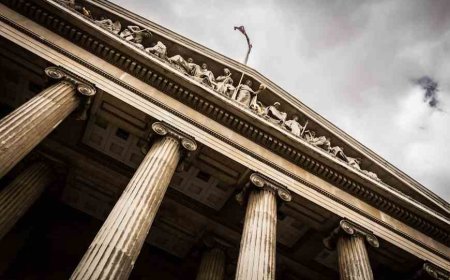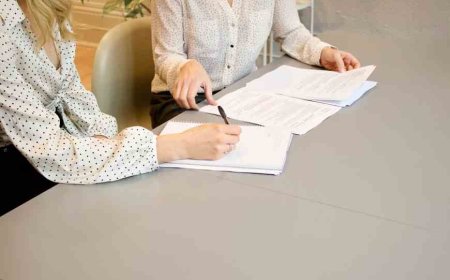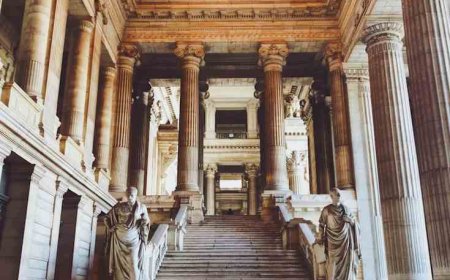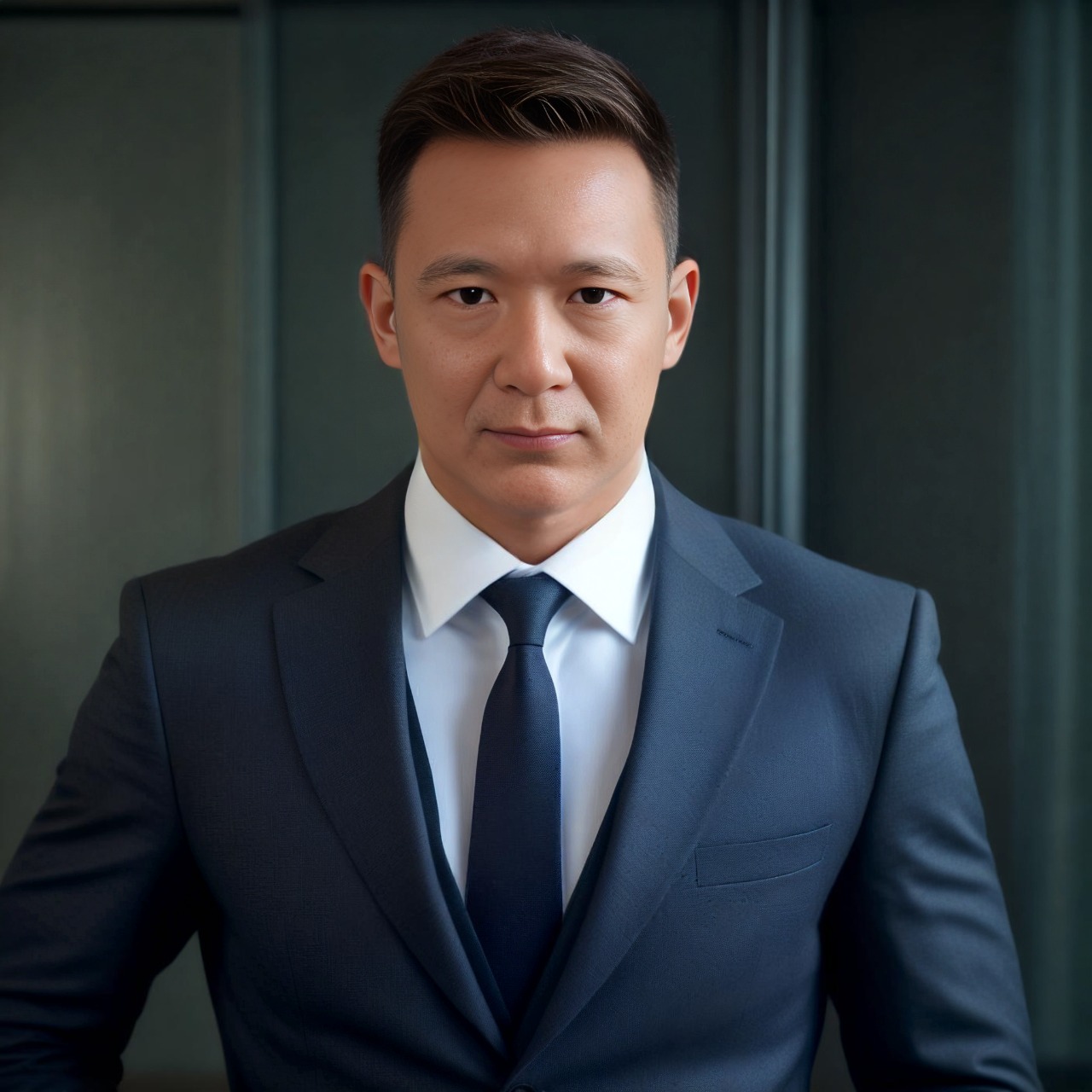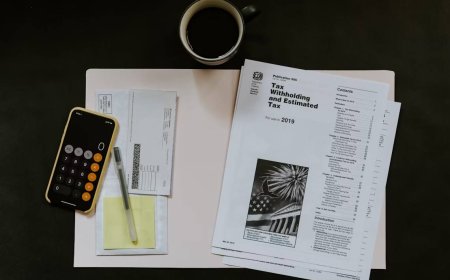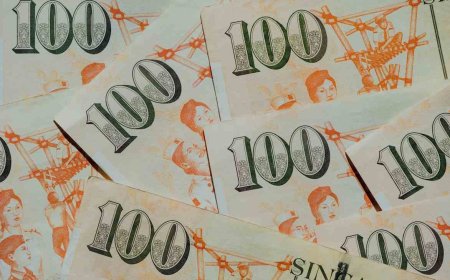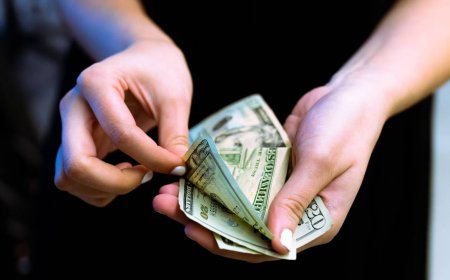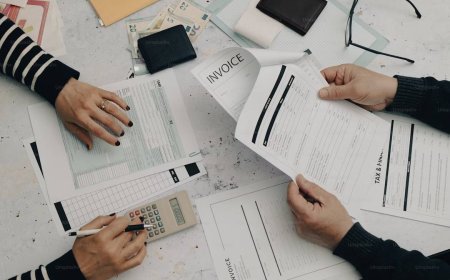Timing Rules of Additional Buyer’s Stamp Duty (ABSD) in Singapore
Learn how to avoid or manage Additional Buyer’s Stamp Duty (ABSD) in Singapore property transactions. Step-by-step guides, examples, and FAQs on selling and buying timing for HDB and private properties, including CPF use, refunds, and strategies for couples.
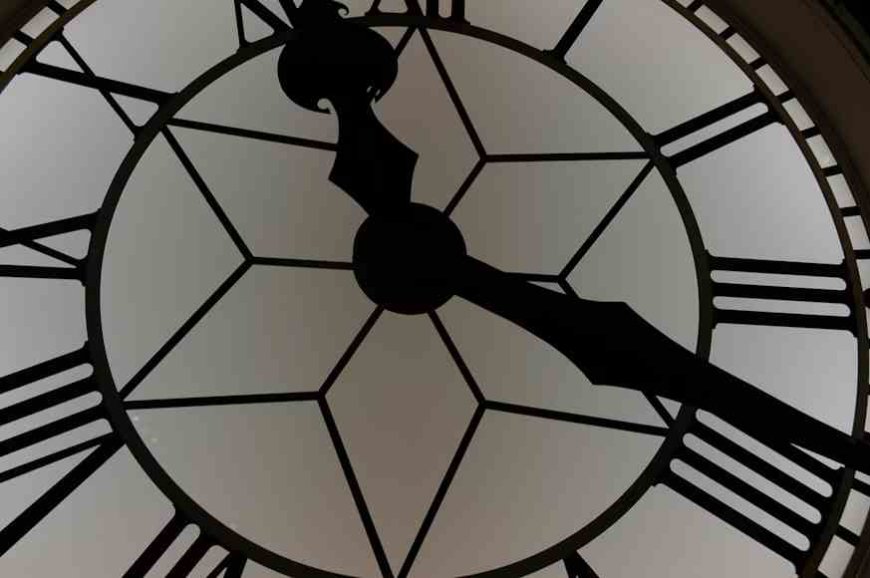
The timing of selling and buying is the critical factor in determining whether you:
- Avoid ABSD altogether (by ensuring you don’t “own two” at the time of purchase), or
- Pay ABSD first and later claim a refund (if eligible under the ABSD remission scheme).
Below is a clear explanation of the timing rules
How Timing Works
- ABSD is assessed at the point of purchase: When you exercise the Option to Purchase (OTP) or sign the Sale & Purchase Agreement (S&P).
- To avoid ABSD, you must have either:
- Already sold your existing property (completion done), or
- At least entered into a binding sale contract (i.e., buyer has exercised OTP on your current home) before you exercise the OTP for the new property.
- If you still own your current home when you exercise the new OTP, ABSD applies.
- For Singapore Citizen married couples, ABSD can be refunded if the old property is sold within 6 months of the new purchase (completion date for resale, TOP/CSC for new launch).
Example 1: HDB Upgrader to Private Condo (Avoiding ABSD)
Example 2: Private-to-Private Transition (ABSD Refund Route)
Example 3: Buying 2 Properties After Selling 1 (Private Decoupling Alternative)
Example 4: Private Condo Owner Buying a New Launch (ABSD Refund Route)
Example 5: Single Owner Upgrading from HDB to Condo (Cannot Claim Refund)
Example 6: SPR + SC Couple Buying Before Selling (Refund Still Possible)
Example 7: Investor Couple Buying 2 Properties After Selling 1
Example 8: Own Commercial Property, Buying Residential Condo
Example 9: Own Residential Condo, Buying Commercial Office Unit
Example 10: Selling Residential, Buying Both Commercial and Residential
Example 11: Parents Selling HDB, Children Each Buying a Private Condo
Example 12: Divorce Case – Splitting Property and Buying Separately
Example 13: Upgrading from HDB to Two Private Properties (Sell-1, Buy-2)
Example 1: HDB Upgrader to Private Condo (Avoiding ABSD)
Scenario:
- Mr. and Mrs. Tan own a 4-room HDB flat (past MOP). They want to buy a $1.5M private condo.
Timeline:
- Day 1 – They market their HDB flat and grant an OTP to a buyer.
- Day 14 – Buyer exercises OTP, making the HDB sale legally binding.
- Day 20 – With a sale contract in hand, they go ahead and exercise OTP for the $1.5M condo.
- Completion of HDB sale happens 8 weeks later. CPF used for HDB is refunded.
- Completion of condo purchase is timed right after CPF refund.
Outcome:
- At the time of buying the condo, their HDB sale is already secured (OTP exercised).
- They are treated as owning zero properties, so no ABSD is payable.
Example 2: Private-to-Private Transition (ABSD Refund Route)
Scenario:
- Mr. and Mrs. Lee own a private condo worth $1.2M. They see their dream landed house for $3M but have not yet sold their condo.
Timeline:
- Day 1 – They secure an OTP for the landed house.
- Day 10 – They exercise the OTP for the landed house. At this moment, they still own the condo, so ABSD is payable.
- ABSD = 20% of $3M = $600,000 (paid upfront).
- Within 6 months – They complete the sale of their condo. CPF funds are refunded and loans cleared.
- After sale completion – They submit an ABSD refund application to IRAS.
Outcome:
- They had to pay ABSD first but got a full refund because they sold their condo within 6 months.
- This route is only available to married couples with at least one Singapore Citizen.
Example 3: Buying 2 Properties After Selling 1 (Private Decoupling Alternative)
Scenario:
- Mr. and Mrs. Wong jointly own a $2M private condo. They want to sell it and buy two separate condos (one each) worth $1M each.
Timeline:
- Day 1 – They market their $2M condo and grant an OTP to a buyer.
- Day 14 – Buyer exercises OTP for their condo. Now the sale is binding.
- Day 20 – Mr. Wong exercises OTP for Condo A ($1M).
- Day 22 – Mrs. Wong exercises OTP for Condo B ($1M).
- Completion of old condo sale occurs. CPF used is refunded.
- Completion of Condo A and B purchases follow, using proceeds and CPF.
Outcome:
- Since their old condo sale was contractually secured before they bought the new ones, neither spouse is treated as owning a property at the point of purchase.
- Each spouse is treated as a first-time buyer, so no ABSD applies.
Key Takeaways on Timing
- Sale must be contractually binding before new OTP to avoid ABSD. Completion of sale can happen later.
- If you buy first, ABSD applies immediately. Refund only possible for married SC couples, provided sale is completed within 6 months.
- Stagger OTP exercises carefully if buying two properties to ensure CPF refunds and proceeds flow smoothly.
Example 4: Private Condo Owner Buying a New Launch (ABSD Refund Route)
Scenario:
- Mr. and Mrs. Chua (both Singapore Citizens) own a $1.3M condo.
- They want to book a $1.8M new launch condo (uncompleted).
Timeline:
- Day 1 – They book a unit at the showflat and pay the booking fee (5%).
- Day 14 – They sign the Sale & Purchase Agreement (S&P). At this point, they still own their current condo.
- ABSD = 20% of $1.8M = $360,000 (paid upfront).
- TOP is expected in 3 years. The law requires them to sell their current condo within 6 months of TOP or CSC, whichever comes earlier.
- Year 3 – Condo receives TOP. They sell their old condo within 6 months.
- Post-sale – They apply for ABSD refund with supporting documents.
Outcome:
- They initially paid ABSD but received a full refund after meeting the sale deadline.
- Timeline is longer because the 6-month window is tied to TOP/CSC, not booking date.
Example 5: Single Owner Upgrading from HDB to Condo (Cannot Claim Refund)
Scenario:
- Ms. Lim, a Singapore Citizen, owns a 4-room HDB flat.
- She wants to buy a $1.2M resale condo before selling her HDB.
Timeline:
- Day 1 – She exercises OTP for the condo.
- Since she still owns her HDB, ABSD = 20% of $1.2M = $240,000.
- Day 30 – She applies to sell her HDB, but the transaction will only complete after several months.
- Completion – She pays BSD and ABSD for the condo, and sells her HDB later.
Outcome:
- Because she is single (not married), she is not eligible for ABSD refund.
- The $240,000 ABSD becomes a permanent cost.
Example 6: SPR + SC Couple Buying Before Selling (Refund Still Possible)
Scenario:
- Mr. Ong (SPR) and Mrs. Ong (SC) jointly own a condo.
- They want to buy a $2.5M landed house before selling the condo.
Timeline:
- Day 1 – They exercise OTP for the landed house.
- As a married couple with at least one SC, they qualify for ABSD refund.
- ABSD payable upfront = 20% of $2.5M = $500,000.
- Within 6 months – They complete the sale of their current condo.
- Refund Application – They submit sale and purchase documents, plus marriage certificate.
Outcome:
- They get back the $500,000 ABSD.
- Key difference: if both were SPRs, they would not qualify for refund.
Example 7: Investor Couple Buying 2 Properties After Selling 1
Scenario:
- Mr. and Mrs. Tan own a $2M private condo (investment).
- They want to sell it and buy two smaller condos ($1M each).
Timeline:
- Day 1 – They grant OTP for the $2M condo and the buyer exercises. Sale is binding.
- Day 14 – Mr. Tan exercises OTP for Condo A ($1M).
- Day 16 – Mrs. Tan exercises OTP for Condo B ($1M).
- 8 weeks later – Their old condo sale completes, CPF is refunded.
- 9–10 weeks later – Completions of Condo A and B follow.
Outcome:
- At the point of purchase, their old condo is already contractually sold, so no ABSD is payable.
- Both are treated as first-time buyers of their respective condos.
Key Lessons
- Sale before purchase = no ABSD (Examples 1, 3, 7).
- Buy before sale = ABSD upfront, refund only for SC married couples (Examples 2, 4, 6).
- Singles or SPR-only couples cannot get refund (Example 5).
- TOP/CSC rules extend the 6-month window for uncompleted projects (Example 4).
- Binding sale contract counts as sold, even if completion is later (Examples 1, 3, 7).
Example 8: Own Commercial Property, Buying Residential Condo
Scenario:
- Mr. Lim owns a small shophouse (commercial, $2M).
- He wants to buy a $1.5M private condominium.
Timeline & Taxes:
- When he buys the condo, ABSD is calculated based on his residential property count only.
- Since he does not own any residential property, the condo is treated as his first residential purchase.
- Pay BSD on the $1.5M condo (~$44,600).
- No ABSD is payable.
Outcome:
- Commercial ownership does not trigger ABSD.
- He owns one commercial and one residential property with no extra stamp duty penalties.
Example 9: Own Residential Condo, Buying Commercial Office Unit
Scenario:
- Mrs. Tan owns a $1.2M residential condo.
- She wants to buy a $1M office unit for investment.
Timeline & Taxes:
- She buys the commercial office.
- Pay BSD on $1M = ~$24,600.
- No ABSD applies because the purchase is non-residential.
Outcome:
- She still owns one residential and one commercial property.
- No ABSD incurred since commercial is not counted.
Example 10: Selling Residential, Buying Both Commercial and Residential
Scenario:
- Mr. and Mrs. Lee jointly own a $2M private condo.
- They plan to sell it, then buy:
- One $1.2M residential condo (under Mr. Lee’s sole name), and
- One $1M commercial shop (under Mrs. Lee’s sole name).
Timeline & Taxes:
- They grant OTP to sell their $2M condo. Buyer exercises, so sale is binding.
- Mr. Lee proceeds to buy the $1.2M condo. At the point of purchase, he is treated as owning no residential property → no ABSD. BSD on $1.2M = ~$32,600.
- Mrs. Lee buys the $1M shop unit. BSD applies (~$24,600), but no ABSD since it’s commercial.
- Completion of sales and purchases happen sequentially within 8–12 weeks.
Outcome:
- The couple transitions from owning 1 residential to owning 1 residential + 1 commercial.
- No ABSD paid at all.
- BSD payable on both new properties as usual.
Example 11: Parents Selling HDB, Children Each Buying a Private Condo
Scenario:
- Mr. and Mrs. Tan own a 5-room HDB flat (past MOP).
- They plan to sell it and let each of their two children (both working adults, Singapore Citizens) buy a private condo in their own names.
Timeline & Taxes:
- HDB is sold. Sale proceeds and CPF refunds go back to parents.
- Child A buys a $1.2M condo → BSD ≈ $32,600, no ABSD (first property).
- Child B buys a $1M condo → BSD ≈ $24,600, no ABSD (first property).
Outcome:
- Parents free up capital by selling HDB.
- Both children become first-time private property owners without ABSD.
- Family collectively now owns two private condos without penalties.
Example 12: Divorce Case – Splitting Property and Buying Separately
Scenario:
- Mr. and Mrs. Lee co-own a $1.8M condo.
- After divorce, Mr. Lee buys over Mrs. Lee’s share.
- Mrs. Lee then buys her own $1M condo.
Timeline & Taxes:
- Mr. Lee takes over 50% share → BSD payable on $900,000 share ≈ $21,600.
- Because it’s due to divorce, ABSD remission applies on the transfer.
- Mrs. Lee uses CPF refunded from the sale of her share to buy a $1M condo.
- BSD ≈ $24,600.
- No ABSD as this is her first property.
Outcome:
- Divorce allows transfer without ABSD.
- Both ex-spouses end up with one property each.
- Each pays BSD only.
Example 13: Upgrading from HDB to Two Private Properties (Sell-1, Buy-2)
Scenario:
- Mr. and Mrs. Wong own a 4-room HDB (MOP met).
- They want to sell the HDB and buy two private condos, one each under their sole names.
Timeline & Taxes:
- HDB flat is sold, proceeds and CPF refunded.
- Mr. Wong buys Condo A ($1.3M) → BSD ≈ $32,600, no ABSD (first property).
- Mrs. Wong buys Condo B ($1.1M) → BSD ≈ $28,600, no ABSD (first property).
Outcome:
- Because they sold their HDB before buying, each spouse is considered a first-time buyer.
- No ABSD payable on either condo.
- They successfully transition from 1 HDB to 2 private condos.
These 3 new examples show:
- Intergenerational planning (parents sell, kids buy).
- Special circumstances (divorce remission removes ABSD).
- Classic upgrader path (Sell HDB → Buy 2 condos).
FAQs
Q1. When exactly is ABSD payable?
ABSD is payable when you exercise the Option to Purchase (OTP) or sign the Sale & Purchase Agreement (S&P), whichever comes first.
Q2. How is ABSD determined?
It depends on how many residential properties you own at the moment you exercise the OTP. If you still own one, ABSD applies to the new purchase.
Q3. Does ABSD apply at property completion?
No. ABSD is assessed at the point of purchase (OTP exercise), not at completion.
Q4. Can I avoid ABSD if I sell my current property after buying?
No, you must sell your current property before or at least have a binding sale contract before you buy, unless you qualify for ABSD refund.
Q5. What counts as a “binding sale contract”?
When your buyer has exercised the OTP on your current property, it becomes legally binding, even if completion happens later.
Selling Before Buying
Q6. If I sell my property first, do I need to wait until completion to buy a new one?
No. Once your buyer exercises OTP, you are treated as having sold the property. You can safely proceed to buy without ABSD.
Q7. Can I sign a purchase OTP before granting an OTP to my buyer?
This will trigger ABSD, because at the time of your new purchase you are still deemed to own the old property.
Q8. What if my sale falls through after I already exercised the new purchase OTP?
ABSD becomes payable in full because you still own two properties at the time of purchase. There is no refund unless you qualify as a married SC couple.
Q9. Can I stagger my sale and purchase to align CPF refunds?
Yes, you can. Lawyers often coordinate completion dates so that sale completion is before or on the same day as purchase completion.
Q10. If I grant OTP to sell my property but buyer has not exercised yet, can I buy?
No. Until your buyer exercises the OTP, your sale is not binding. Buying before that triggers ABSD.
Buying Before Selling (Refund Route)
Q11. Who can get an ABSD refund after buying before selling?
Only married couples with at least one Singapore Citizen are eligible.
Q12. How long do I have to sell my old property to get ABSD refund?
You must sell within 6 months of purchase completion (for resale) or 6 months of TOP/CSC (for new launches).
Q13. Can singles get ABSD refund if they buy before selling?
No, only married couples with at least one SC qualify.
Q14. If both spouses are Permanent Residents, can we claim refund?
No. At least one spouse must be a Singapore Citizen.
Q15. What happens if I fail to sell within 6 months?
The ABSD refund will be forfeited and you cannot recover it.
New Launches (Uncompleted Projects)
Q16. Does ABSD apply when I book a new launch unit?
Yes. ABSD is due within 14 days of signing the Sale & Purchase Agreement.
Q17. If I own a property while booking a new launch, can I get refund?
Yes, if you are a married SC couple and sell your existing property within 6 months of TOP/CSC.
Q18. What if the new launch takes 3 years to TOP?
The 6-month countdown starts from TOP/CSC, not booking date. You have a longer window to sell.
Q19. Can I wait until TOP to sell my current property?
Yes, but it must be sold within 6 months of TOP/CSC to qualify for refund.
Q20. Can I buy a new launch under one spouse’s name to avoid ABSD?
Yes, provided that spouse does not own any property. But financing eligibility may be affected.
Couples and Joint Ownership
Q21. If my spouse and I co-own a property, can one of us buy a new property without ABSD?
Not unless you decouple or sell the existing property. Co-ownership means both are treated as owning a property.
Q22. Does marriage automatically grant ABSD refund eligibility?
Yes, if at least one spouse is SC and both names are on the new purchase.
Q23. If I buy a property in my sole name while my spouse still owns one, is ABSD payable?
Yes, because you are still treated as owning a property together.
Q24. Can I transfer my share to my spouse first, then buy?
Yes, this is called decoupling. It can work for private property but not for HDB (except divorce/death cases).
Q25. If my spouse is a foreigner, do we still get ABSD refund?
Yes, as long as one spouse is SC and both names are on the purchase.
Complex Situations
Q26. If I own a commercial property, does it affect ABSD timing?
No. ABSD only applies to residential properties. Commercial/industrial properties are not counted.
Q27. If I inherit a property while buying another, does ABSD apply?
Yes, inherited properties count towards ownership. Timing must still be managed carefully.
Q28. Can I avoid ABSD by buying under a child’s name?
Yes, technically, if your child is an adult with no property. But this has legal, financial, and tax implications.
Q29. What if I own an overseas property? Does it count?
No. ABSD is only based on residential property ownership in Singapore.
Q30. Can completion of sale and purchase happen on the same day?
Yes. Lawyers often coordinate “back-to-back” transactions where sale completes in the morning and purchase in the afternoon. This avoids ABSD exposure.
Algene Toh
Disclaimer: The information presented on BSR2.com is intended for general informational purposes only. It does not constitute legal, financial, investment, or real estate advice and should not be relied upon as such. While every effort has been made to ensure the accuracy, reliability, and completeness of the content at the time of publication, all data is derived from publicly available sources and may be subject to change without notice. BSR2.com makes no representations or warranties of any kind, express or implied, regarding the suitability, timeliness, or accuracy of the information provided for any specific purpose. Users are strongly encouraged to seek independent advice from qualified professionals before making any decisions based on the content found on this website. BSR2.com shall not be held liable for any loss, damage, or consequence, whether direct or indirect, arising from the use of or reliance on the information provided. The content is intended as a general guide and does not take into account individual circumstances.
What's Your Reaction?
 Like
0
Like
0
 Dislike
0
Dislike
0
 Love
0
Love
0
 Funny
0
Funny
0
 Angry
0
Angry
0
 Sad
0
Sad
0
 Wow
0
Wow
0
